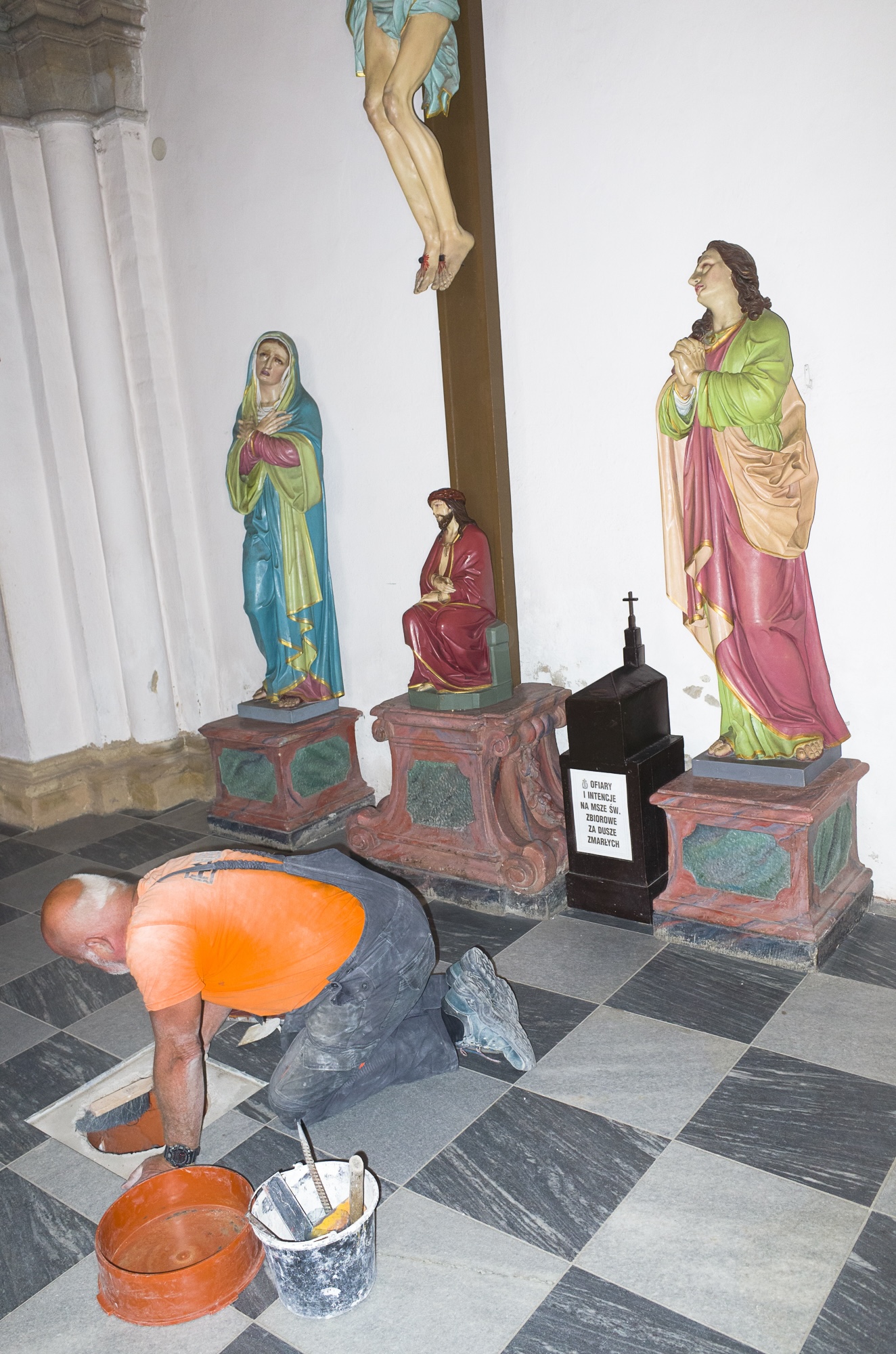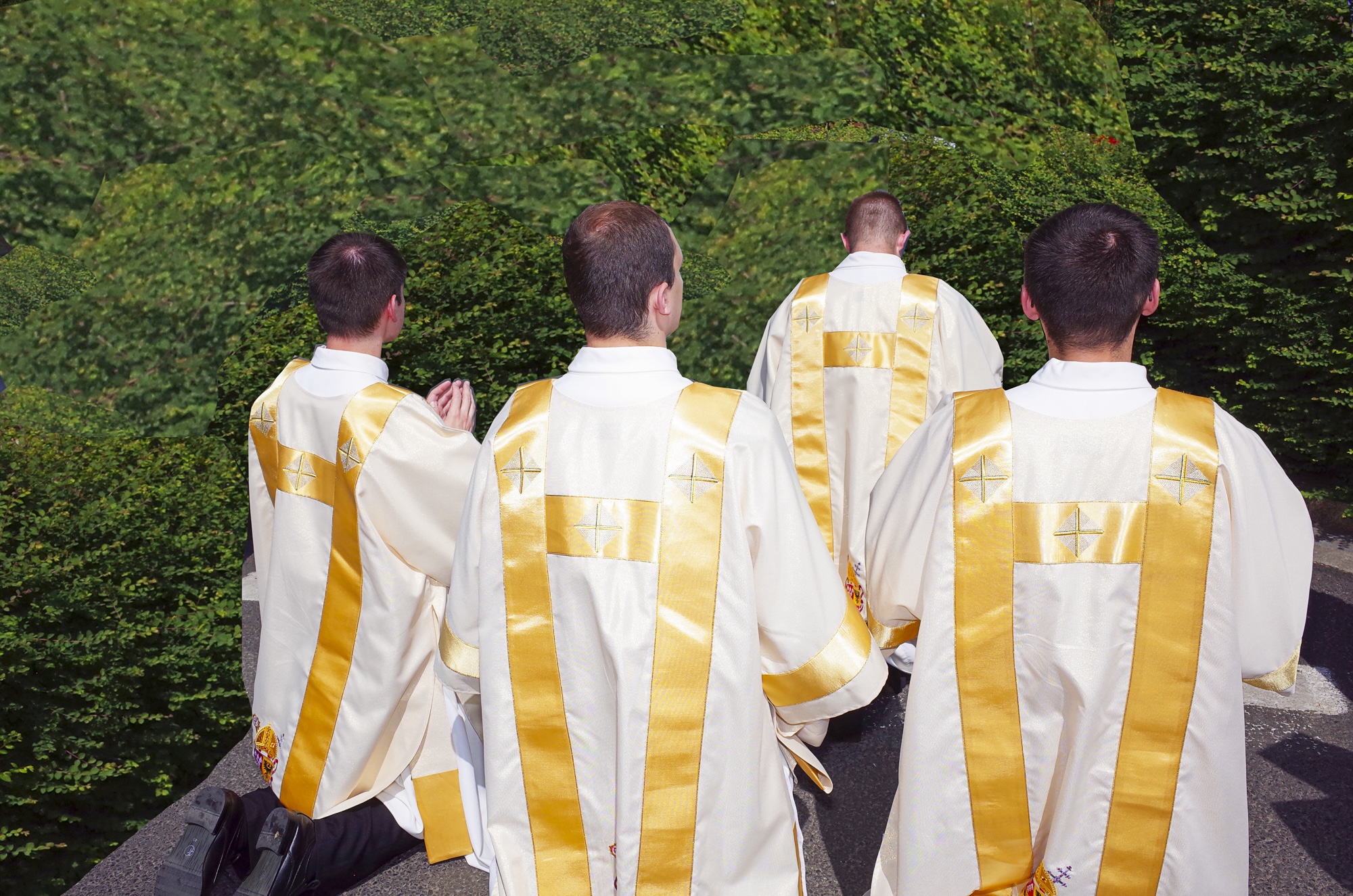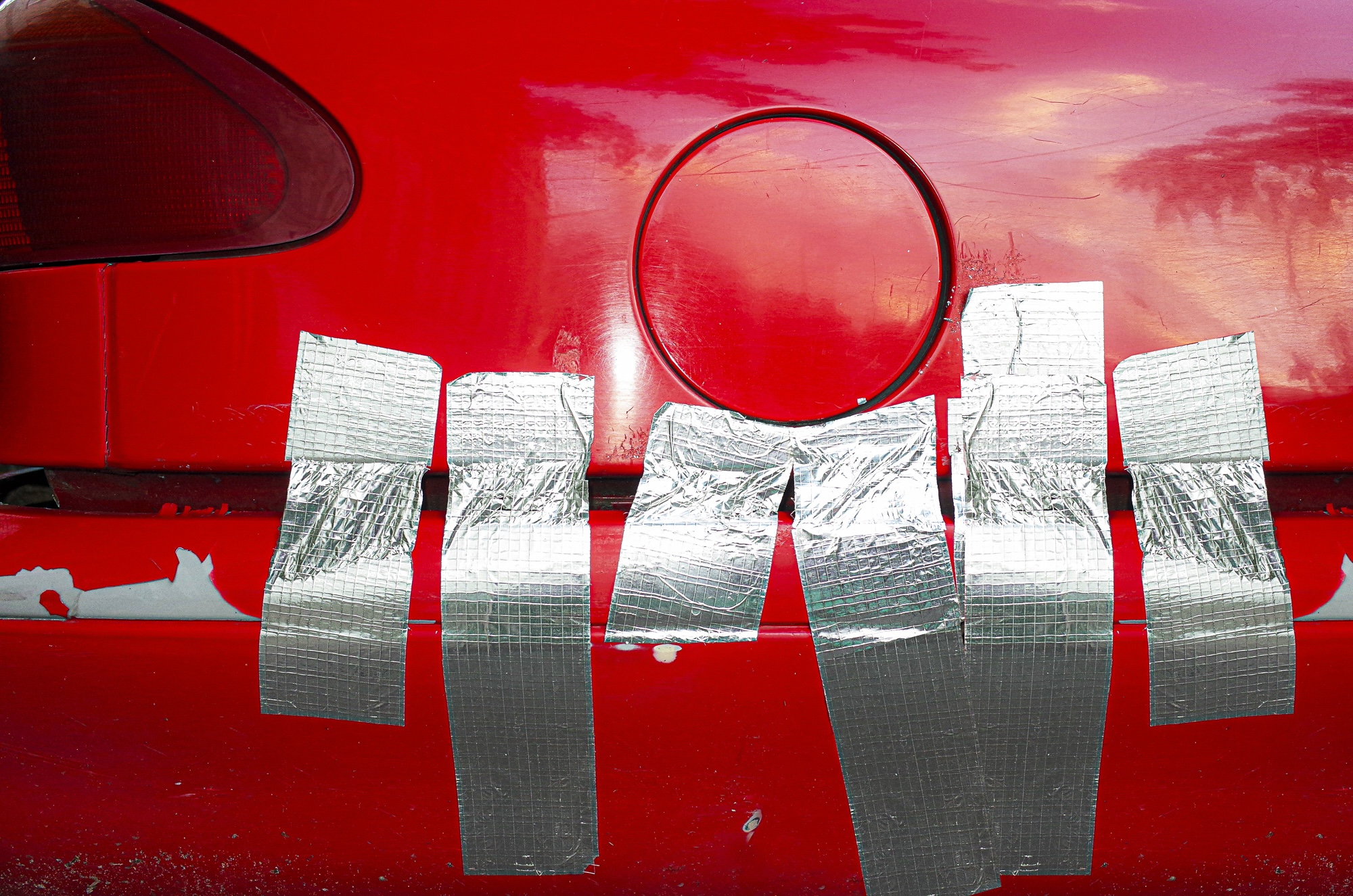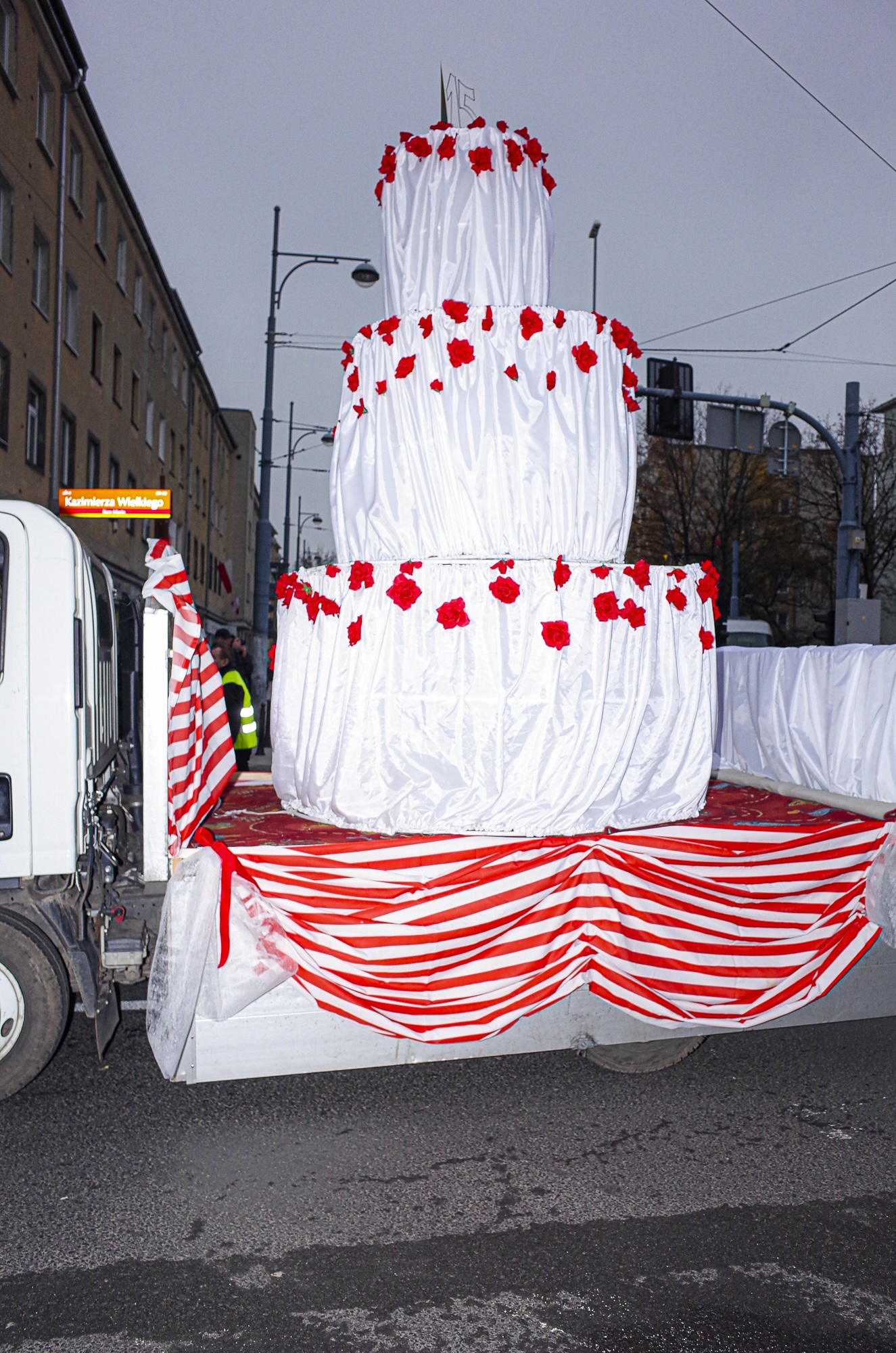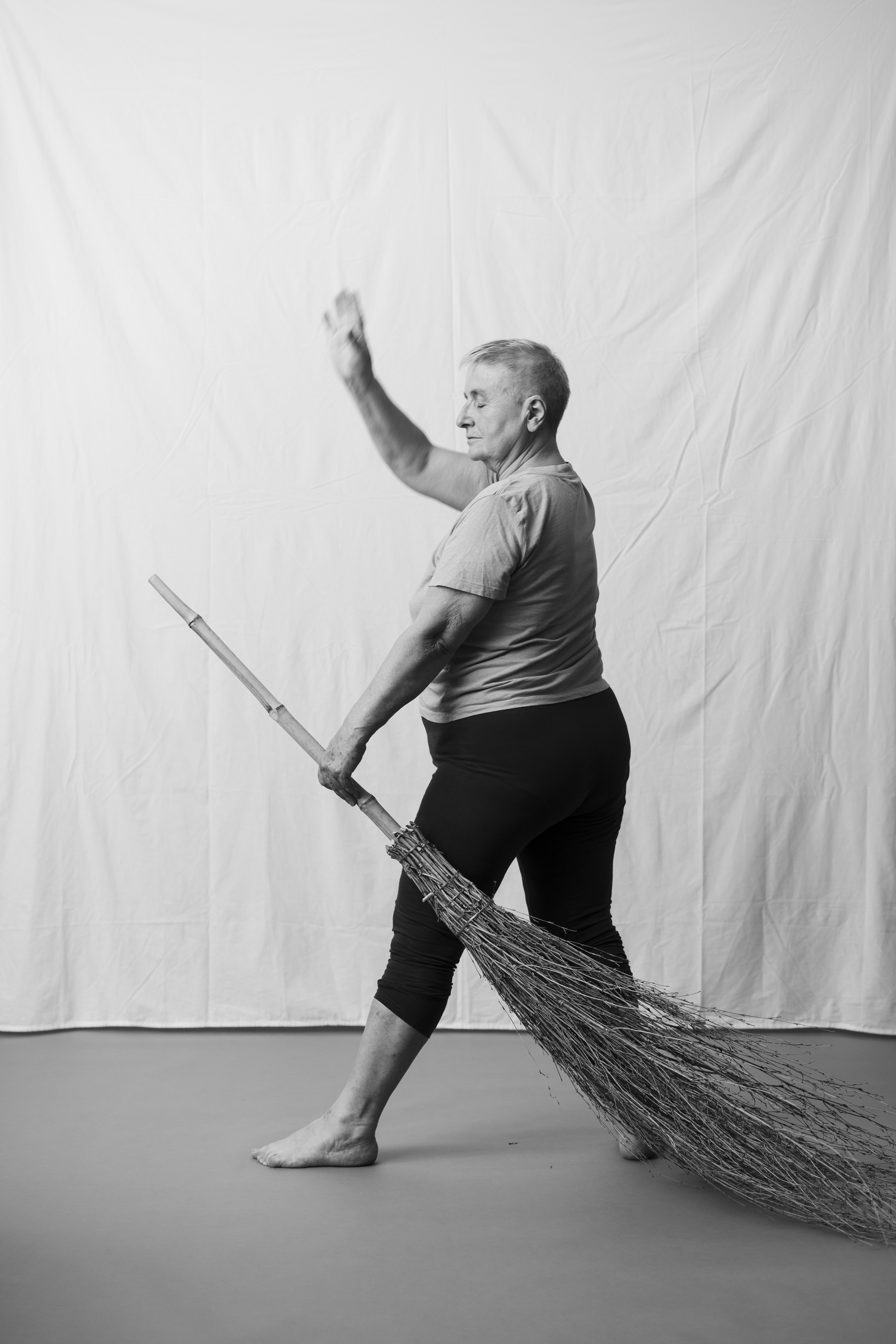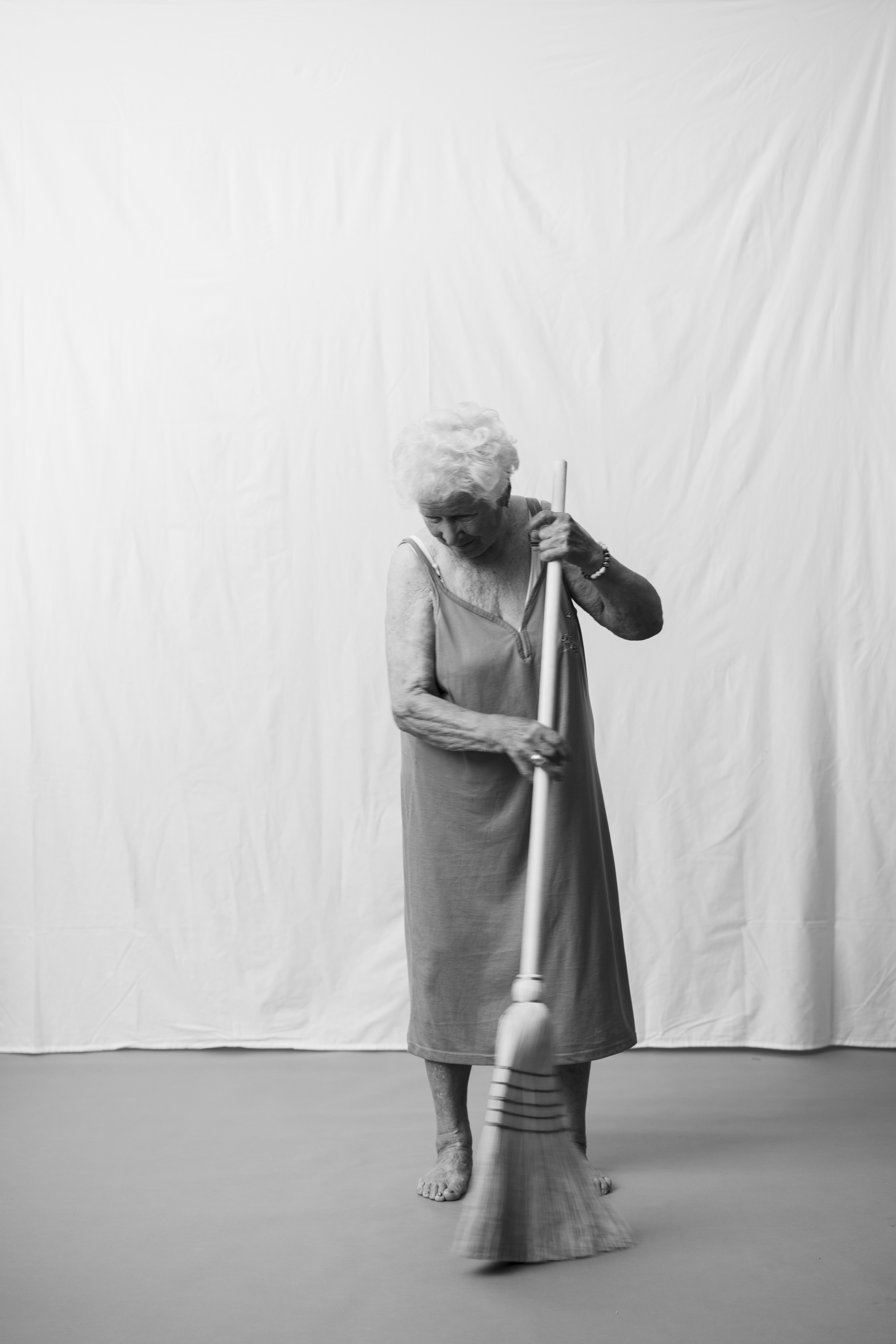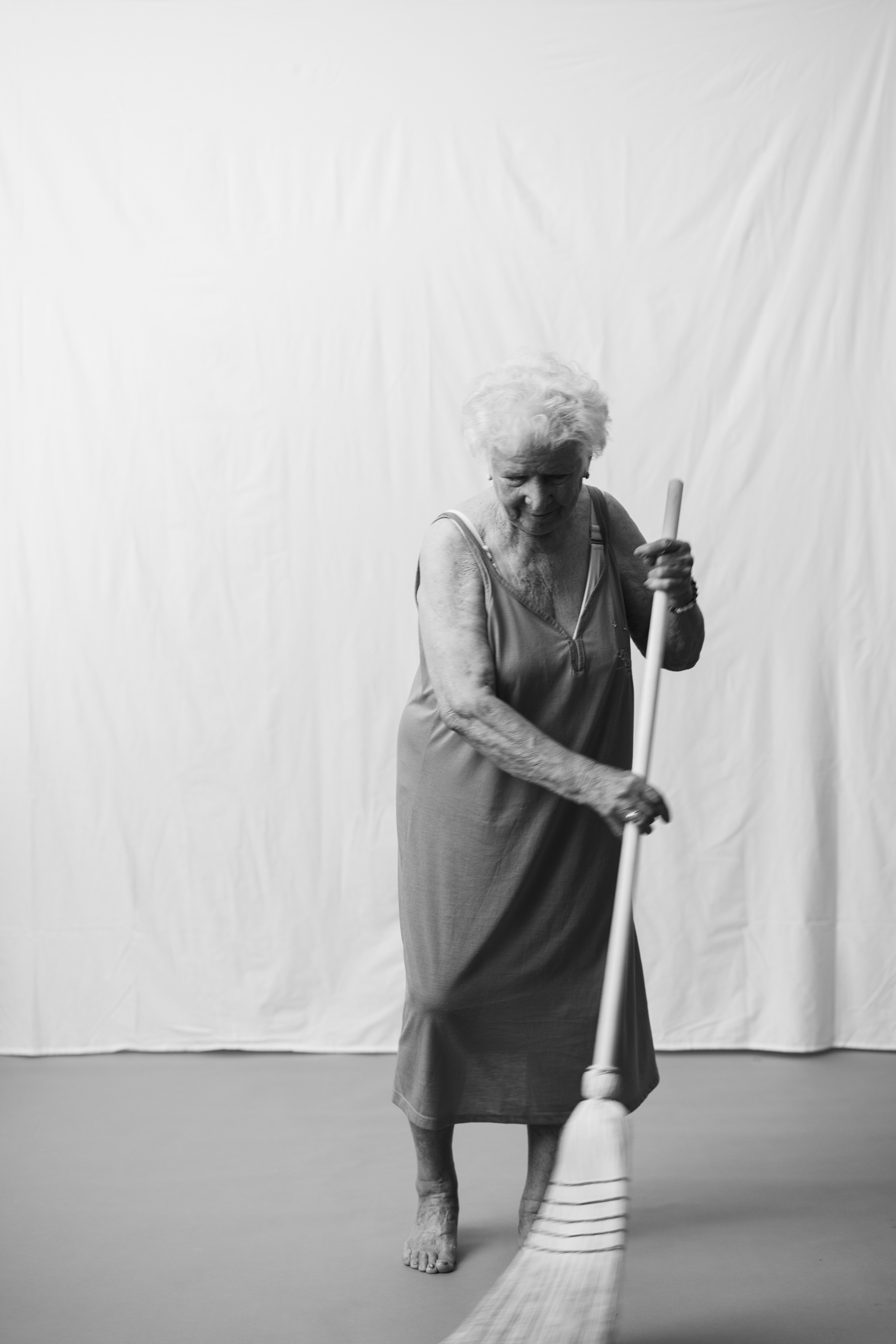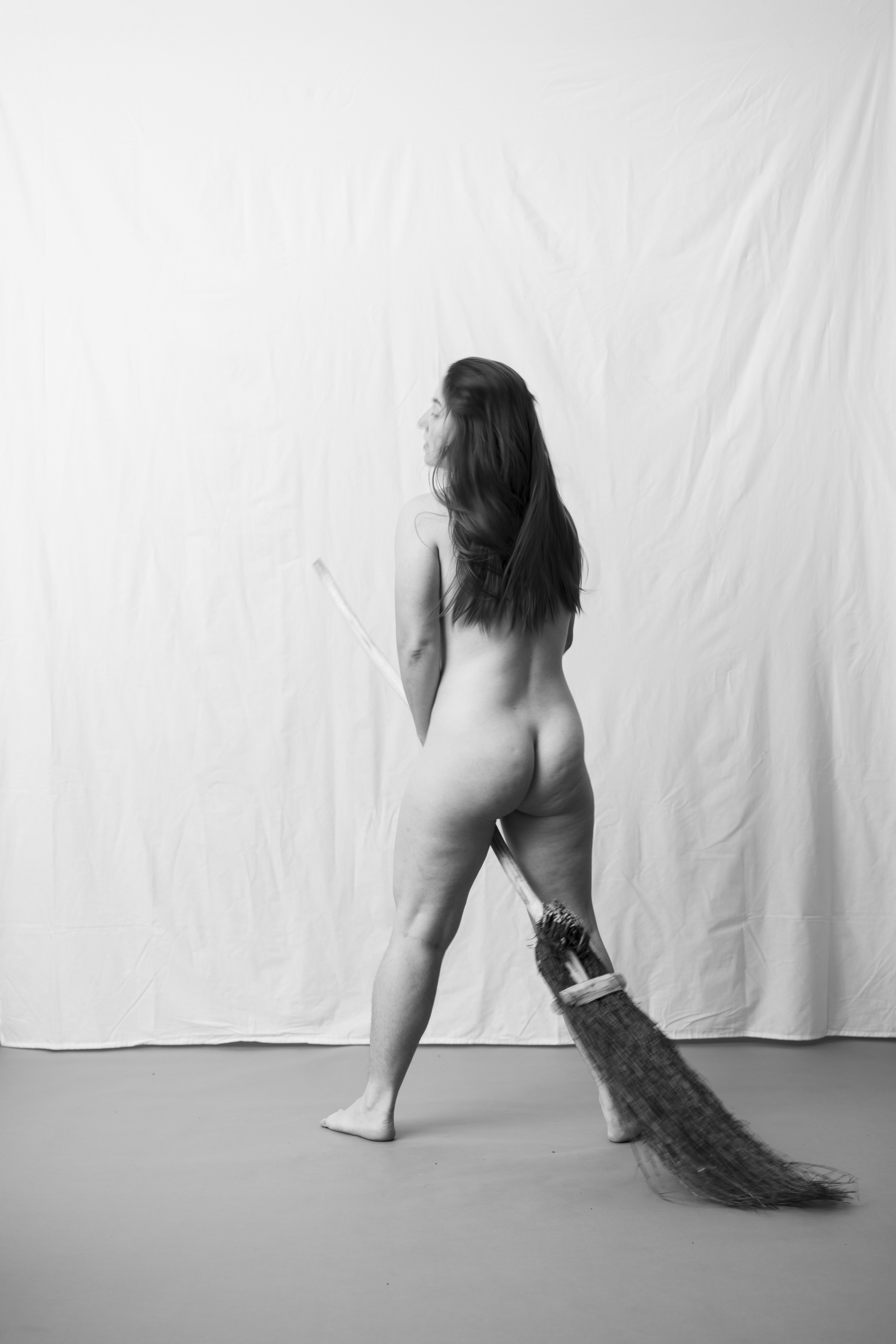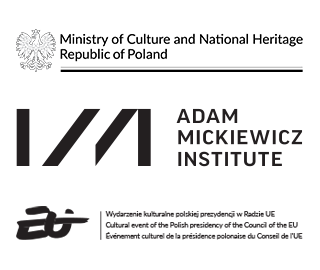© Sejud Agnieszka
Welcome to European Kinship: Eastern European Perspective, a special editorial project marking an exhibition of the same name at the Capa Center
All images © Agnieszka Sejud.
Agnieszka Sejud
HOAX
“This is a country where European political standards are considered radical,” states Agnieszka Sejud in her introduction to HOAX, which combines documentary, collage and installation to throw what’s real and what’s not into doubt. There are convincing trompe d’oeil bags of potatoes, ever-multiplying flowery headscarves, lenticular prints in which priests are transposed with rolls of cash; Sejud’s style is hyperactive but also deadly focused. In Poland some members of society are not considered full citizens, she says, reserving special ire for religious hypocrisy; she describes HOAX as a story of self-delusion, adding that the Polish media offers information that differs so drastically, “We must ask ourselves again, each and every day, ‘Where lies the truth?’”. Sejud’s other work also probes photography as a medium (Memesis), skewers the Vatican (I want to be a priest like my father), and raises funds for the queer community (the collaboration KWAS x LGBT); based between Wroclaw, Poland, and Hamburg, Germany, she graduated from the Faculty of Law, Administration and Economics of the University of Wrocław before studying at the Institute of Creative Photography, Silesian University, Opava.
All images © Zsuzsi Simon.
Zsuzsi Simon
And yet we still keep on living…
A broom is a simple, everyday tool with a complicated cultural history, associated with witches and thereby with female power and sexuality. In And yet we still keep on living… Zsuzsi Simon plays with both aspects, photographing her grandmother sweeping with a conventional brush, her mother dancing with a wilder besom, and herself straddling a long-haired broom, naked and seemingly in ecstasy. The work also includes videos of the trio of women talking through transgenerational traumas and taking part in rituals and, in a group show devoted to witches and alternative faith at Budapest Gallery, Simon hung actual brushes and brooms alongside her images. Born in 1988 and based in Budapest, Simon is a graduate of the Hungarian University of Fine Arts and makes work revolving around feminism, body image, and activism, using humor, provocation, irony “or even honesty” to break down taboos. For Simon a broom symbolises purification and liberation, and relates to a longer women’s history in Hungary, which includes witch hunts which took place from the 15th-18th century, a much longer period than most other European countries.
European Kinship is on show at the Robert Capa Contemporary Photography Center, Budapest, from 12 March 2025.
This article first appeared in a special project of the same name, published alongside BJP Issue 7921 and co-organized with the Robert Capa Contemporary Photography Center, Budapest and with the Adam Mickiewicz Institute as part of the international cultural program of the Polish Presidency of the Council of the European Union, 2025.
The project was co-financed by the Polish Ministry of Culture and National Heritage.

